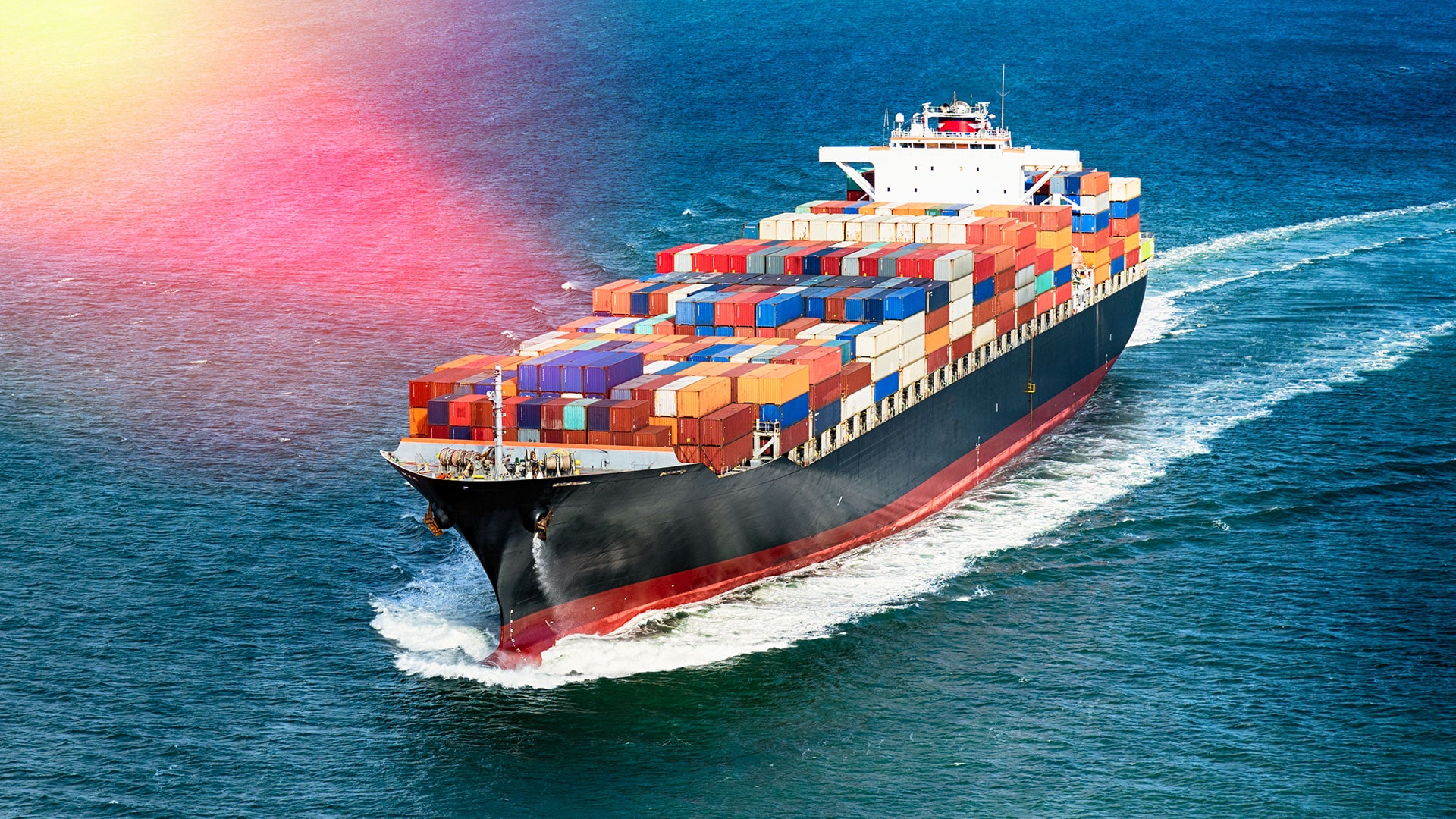
In 2014, a team of Maersk IT specialists tracked containers of avocados and roses from Kenya to the Netherlands. The goal of Maersk was simply to document the paperwork process that goes into tracking a shipment on its voyage from one port to another. Tracking this journey was a voyage of discovery for Maersk as it led to a series of startling discoveries that ultimately led to their decision to set up Blockchain. Firstly, Maersk mapped out 200 interactions between the shipment with its crew of 30 people with various administrative protocols on its journey. Secondly, while the shipment took 34 days to reach the Netherlands, officials in the Netherlands had to wait an extra 10 days for the correct documentation, which disappeared during the voyage, to resurface. In Maersk’s opinion, this amplified the need for the industry to embrace electronic filing in the form of blockchain.
The Maritime Industry is notorious for being a paper-intensive one, so it is no surprise to learn that on various occasions, paper documents disappear, especially when you consider the “shipping paper trail” as a whole. The trail starts when a cargo owner books a space on a ship to move goods. Documentation is then filled in and approved before cargo can enter or leave a port. Thus, a single shipment requires hundreds of pages that need to be physically delivered to dozens of different agencies, banks, custom bureaus and other entities.
Similarly, on top of this paper-intensive trail is the various legal languages at national borders or in the case of the USA, state borders, despite the growing need for standardisation.
The paper-intensive process can inflict unintended consequences on the global trade system. For the loss of documentation can delay the delivery of important goods, which also have implications for “just-in-time” supply chains. For instance, a US phone manufacturer cannot start production on their new phone until certain parts are delivered from Asia and delays to their production process would result in triple figure ‘time to market’ losses
To download a full copy of the report, please log in or create an account, using the link below: